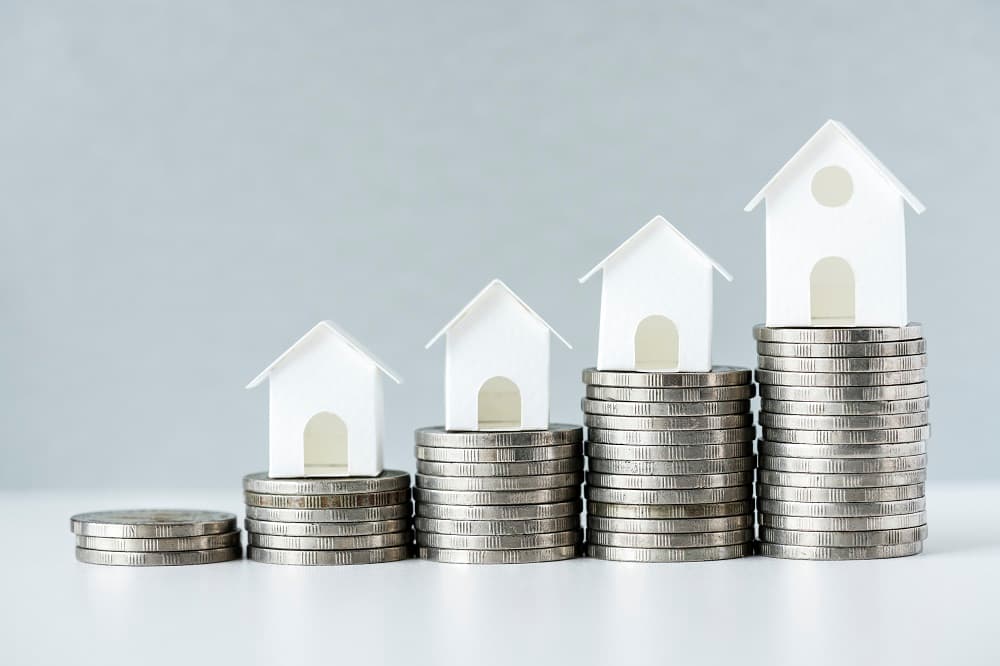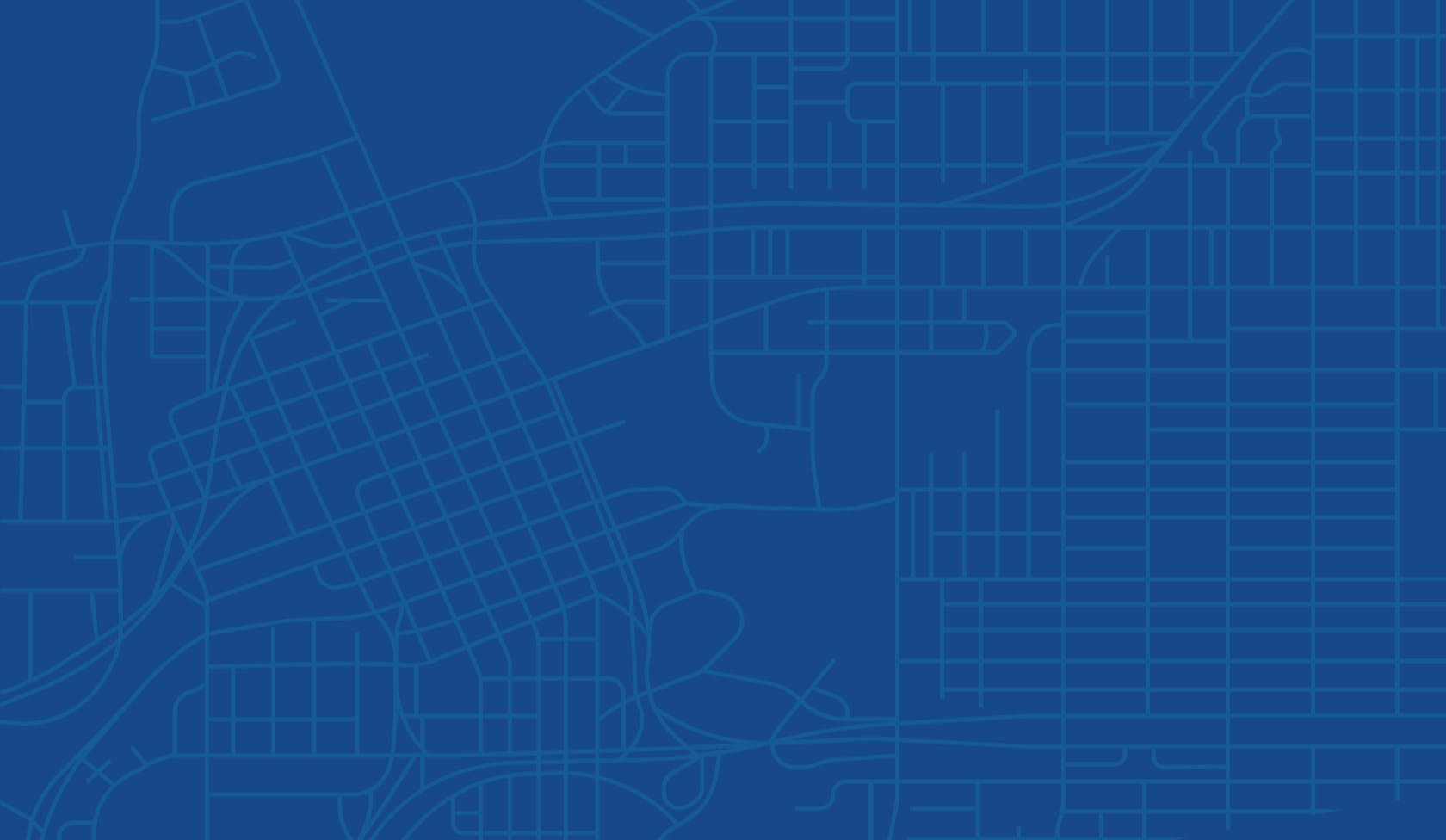Natural disasters seem to happen almost constantly across the country. For example, there are currently wildfires burning in California. In 2019 so far, around 160,000 acres have burned in the state, and the worst may not be over yet. Typically, the most destructive California wildfires start in the last four months of the year. We’re also in the midst of hurricane season. The 2019 Atlantic hurricane season is the fourth year in a row with above-average activity. Natural disasters, including not only wildfires and hurricanes but also events like floods and winter storms can impact every area of our lives, and real estate is no exception. So, what are some of the specific ways we see impacts on real estate in the wake of natural disasters?


